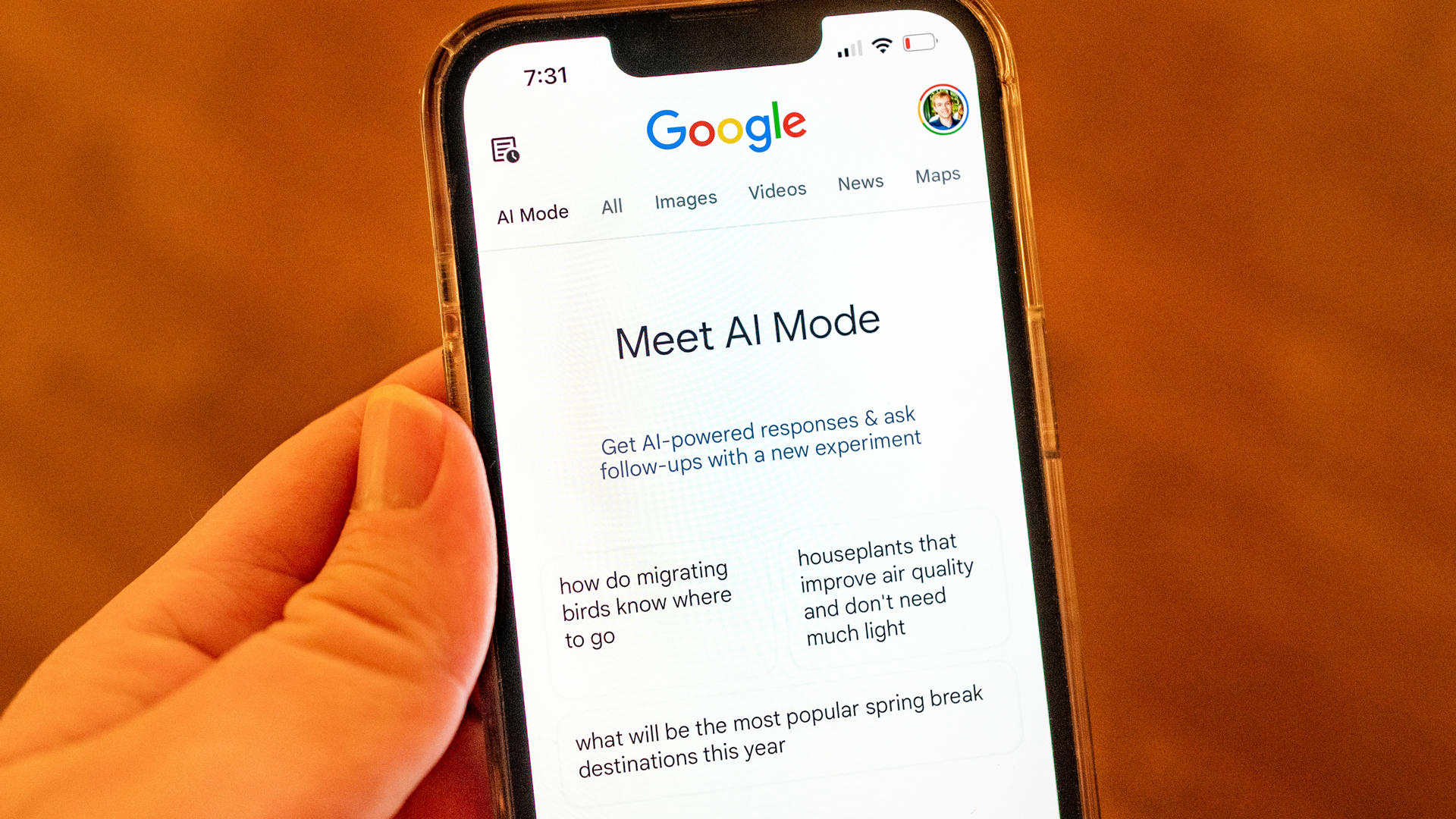Google Considers Making AI Mode the Default Search Experience

Key Points
- Google is considering making AI Mode the default search experience.
- AI Mode combines Gemini AI with real‑time search to provide conversational answers.
- Lead product manager Logan Kilpatrick hinted at the shift; VP Robby Stein cautioned against over‑reading the comments.
- Publishers have reported traffic drops from AI Overviews that bypass link clicks.
- AI Mode already has a dedicated homepage and millions of active users.
- If adopted as default, traditional link listings could be reduced in prominence.
- The change could affect website discovery, traffic, and revenue across the web.
- Google remains the primary gateway to online information, making any default change significant.
Google is reportedly weighing a shift from its traditional list‑of‑links search results to an AI‑driven "AI Mode" that offers conversational answers powered by Gemini. Lead product manager Logan Kilpatrick hinted at the possibility, while Google Search vice‑president Robby Stein cautioned against reading too much into the comments. Publishers have already noted traffic declines from AI Overviews that answer queries without clicks, and a default AI Mode could amplify those effects. The company continues to promote AI Mode through a dedicated homepage and reports millions of active users, signaling a potential strategic pivot for how users discover information online.
Potential Shift to AI‑First Search
Google is reportedly on the cusp of replacing its default traditional search results with an AI‑driven option known as AI Mode. Lead product manager Logan Kilpatrick responded to a suggestion on X, indicating that AI Mode blends Google’s Gemini artificial‑intelligence technology with real‑time search to deliver direct conversational answers instead of the familiar list of links.
AI Mode already appears as a tab within Google Search and has its own dedicated homepage at google.com/ai, reinforcing the perception that the feature is more than a side project.
While the change could fundamentally alter how people find information online, it also raises concerns for websites that depend on Google traffic. Publishers have reported declines in visits after the introduction of AI Overviews, which often answer users' questions without requiring a click‑through. If AI Mode becomes the default, those impacts could expand.
Google’s Public Response
Google Search vice‑president Robby Stein addressed the speculation on X, stating that he would not read too much into the comments and emphasizing that the company is focused on making AI Mode easy to access for users who want it. His remarks were described as vague, leaving room for multiple interpretations.
Over recent months, Google has steadily increased exposure to its AI services. Features initially filtered through Google Labs have since gone global, and the company notes tens of millions of monthly active users for AI Mode during the summer period. This suggests that AI Mode is being positioned as a major component of Google’s future search strategy.
Implications for Users and Publishers
If AI Mode becomes the default, users may notice a larger synthesized answer taking up a prominent portion of the search page, with traditional links pushed to a smaller panel. This shift could reshape the user experience, making direct answers more immediate while reducing the visibility of external sites.
Traditional Google Search has long served as the primary discovery mechanism for a wide range of content—from news outlets and recipe blogs to niche creators and government services. Visibility in search results drives traffic and revenue for these sites, and research cited by publishers indicates that AI Overviews have already hurt web traffic. A broader move to AI Mode could therefore have significant economic ramifications for the online publishing ecosystem.
Google’s Dominance and Future Outlook
Google remains the “front door” to the internet for billions of people, and any alteration to that entry point could have far‑reaching effects. While alternative search engines exist, the term “to Google” remains the standard verb for looking up information online.
For now, classic search results are still available, but the possibility that they may not remain the default in the future is growing. Google appears poised to make AI Mode the central way people search, though the ultimate impact on users, publishers, and the broader web will depend on how the transition is managed.